Excessive extra credit creates unfair advantage
By Maeve Malaney-Lau
Comment
Every week, Grady students log on to Infinite Campus to check their grades. Some students see a mixture of As and Bs, some may see a sprinkling of failing grades, and, others have grades of above 100. You may ask, how is it possible to get above a 100 percent in a class if that’s a perfect score? The answer is simple: extra credit. There should be a limit on extra credit opportunities offered at Grady.
Most teachers at Grady offer some form of extra credit. This can be going to a football game, a conference, a speech, watching a movie, or completing extra work. Students can earn any amount of points (usually ranging from 1-10) on tests, quizzes, assignments, or even their averages. These opportunities allow students who are exceeding in their classes to increase their GPA and students who are failing to bring up their grade. However, not all schools offer the same amount of extra credit as Grady, like North Atlanta High School.
According to the Southerner article, “Not all extra credit created equal in Ga.,” most schools across the state give few extra credit opportunities compared to Grady.
This imbalance in bonus assignments can create an unfair advantage for Grady students applying to college. Many students at Grady could have significantly higher GPAs than students whose schools don’t offer much extra credit. This makes it difficult for colleges to compare students and their efforts in school. If all schools have a level playing field, students will have equal college opportunities.
Also, excessive extra-credit doesn’t prepare students for real life experiences. In a professional job, employees don’t get chances to improve their performance if they mess up or fail to complete a task. They have to be efficient and correct the first time, or they may face consequences. In real life, there are no second chances.
It’s important for students to learn how to work hard and get good grades without credit recovery. This teaches them responsibility, independence, and important study skills that will help them all throughout life. A student that has a 96 percent in a class because of good study habits and work ethic has gained more from the course than a student that has a 100 percent with many points coming from extra credit opportunities.
Also, extra credit may not be offered in college. Many colleges don’t allow test retakes, and places with these policies also have limits on credit recovery opportunities, too. Since most students find college harder than high school, they will need to have the skills that allow them to succeed without extra credit.
While some people believe that extra credit is beneficial to students achieving better scores in harder courses, we disagree. If students feel that they need extra help, they can go to tutorial or make up missing assignments. Also, if someone feels strongly enough about bringing up their grade in a class, they will work hard on assignments until they reach their goal. This will not only help them in their high school career, but will benefit them throughout life.

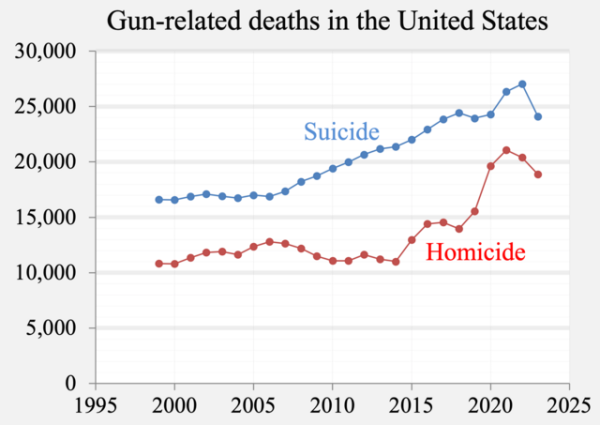


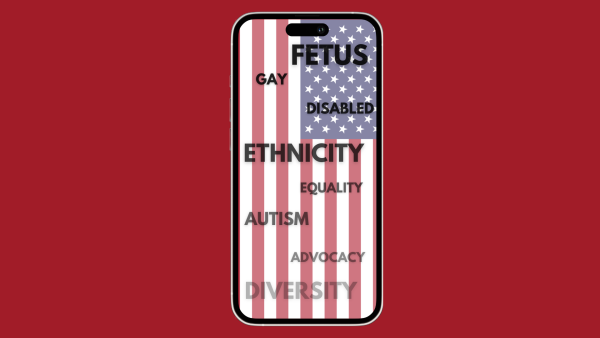

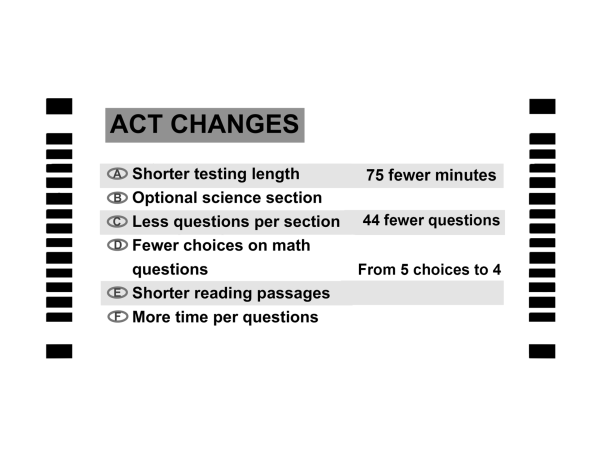
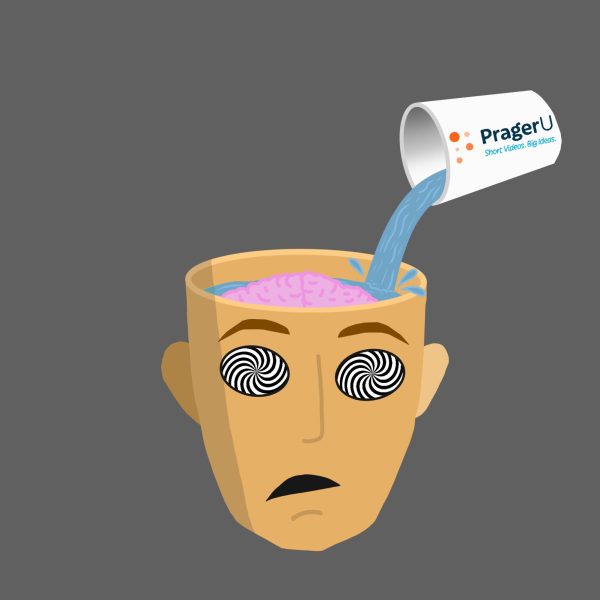
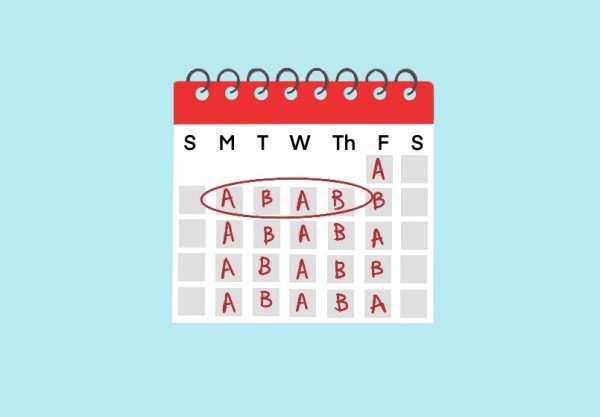

Ray Kass • Oct 31, 2017 at 3:48 pm
I think that Maeve’s observations come from a very fair-minded place and hope that her insightful comments are taken up in discussion by teachers and school administrators.
Cheers Maeve !